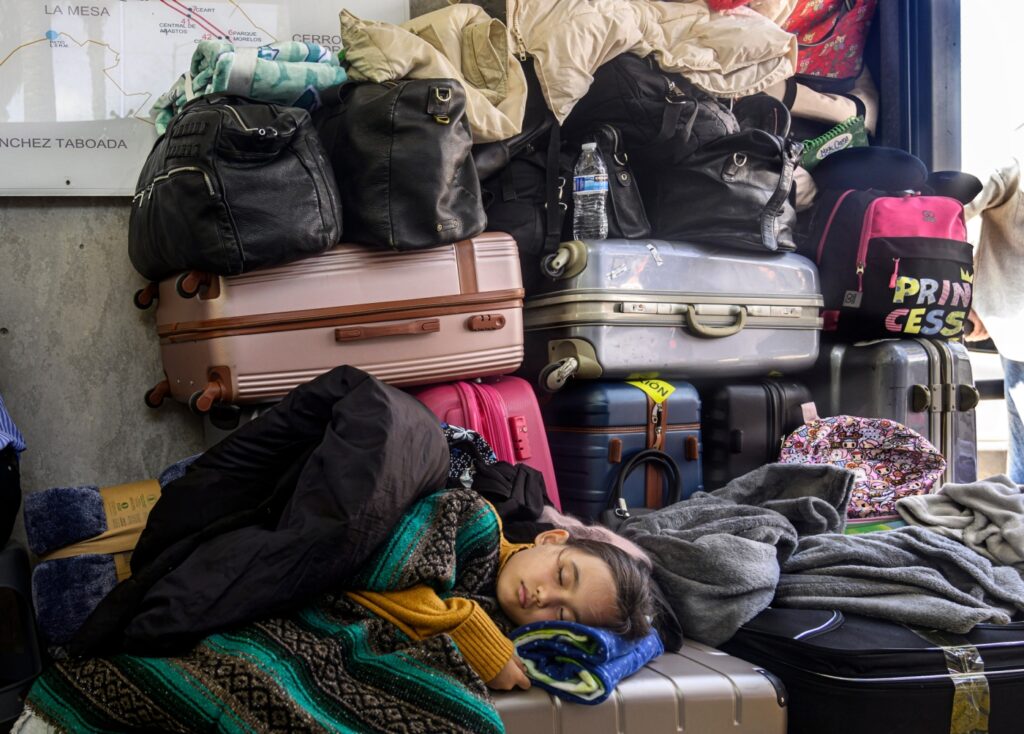
Over 5 million refugees have already left Ukraine, with 3 million offered temporary residence in Poland. Hungary and Romania have accepted over half a million Ukrainian refugees each; Moldova and Slovakia have together accepted almost 800,000. The United States has pledged to accept 100,000 Ukrainians, in addition to the 125,000 quota of refugees from all countries previously set for 2022.
All these numbers, however, pale in comparison with the worldwide population of those fleeing their homelands. Over 26 million persons are currently living outside their home countries under conditions that the United Nations High Commissioner on Refugees believes entitles them to refugee status under a 1951 international convention. A much larger number, almost 40 million, had been forcibly driven from their home countries because of war or violent domestic disturbance; and a still larger number, over 200 million, have left their countries due to economic conditions or natural disasters.
Only a small fraction of these needy people end up being resettled by the UN in another country. Last year, only 63,190 were so classified; of them more than half came to the United States. The UN wants to do more, but most nations have been hesitant to support a broader program.
The present system is unfair to receiving countries that have to bear huge economic consequences simply because of their geographic location. Bangladesh bears the burden of Rohingya fleeing Myanmar. Italy and Greece bear the burden of Eritreans and Libyans escaping from those failed states. Sudan must deal with hundreds of thousands of Tigrayans seeking shelter from the civil war in Ethiopia. Turkey, Lebanon, and Jordan together provide a temporary home to 10 million Syrians, driven out by President Assad’s repression of those fighting for democracy there. The U.S. is in a somewhat similar geographic position, given our proximity to Central America and Mexico’s willingness to facilitate transmigration from there to our border.
This large number of international migrants has also allowed cynical manipulation of their needy status. Russia’s alliance with Syria’s Assad facilitated many to emigrate from Syria to Russia’s ally Belarus, where, camped along the border with Poland, they were encouraged to cross forcibly into Poland to pressure the EU. Similarly, refugees in Turkey have provided leverage against EU’s criticism of the Erdogan regime and a means of extracting money for Turkey to keep the Syrians from pushing into the EU.
The UK’s influx of refugees, though minor in comparison with these other countries, has been sufficiently troublesome politically for Prime Minister Boris Johnson that he agreed to send single men crossing the English Channel to enter Britain to Rwanda instead, in Central Africa. The two countries are 4,000 miles apart. Rwanda agreed to accept the immigrants for a per capita fee and an upfront payment of $156 million. The plan appears not to be temporary but a permanent resettlement for those who hoped to arrive in the world’s 26th wealthiest nation (as measured in GDP per capita) to the world’s 167th (out of 190 countries for which data are available). By design, the plan is intended to dissuade the migrants from setting out for Britain in the first place. Australia has been doing the same for years, sending refugees to Papua New Guinea and Nauru.
Related Articles
‘Disinformation’ and the totalitarian impulse to punish wrongthink
The high cost of ‘low-risk’ wars
Is California’s population decline a pandemic glitch or start of a new era?
Lanhee Chen for Controller: Endorsement
State’s latest tobacco ‘protections’ are trying to kill us
In light of these patchwork approaches, the need for a uniform international approach is compelling. From a compassionate point of view, it little matters whether a person is fleeing home because of extreme poverty, natural disaster, gang violence, or invasion by another country.
Temporarily displaced persons should be given shelter near their home countries, at a cost shared by all nations. Those leaving their homes permanently should be matched with countries economically capable of accepting them, and demographically in need of population, with priority for where relatives are already living.
The UN already has such a system in place; what remains is for the U.S. and other nations to participate more fully.
Tom Campbell is a professor of law and of economics at Chapman University. He taught international law at Stanford University. He served five terms in Congress, where he was a member of the Committee on International Relations. He left the Republican party in 2016 and is in the process of forming a new political party in California, the Common Sense Party.
